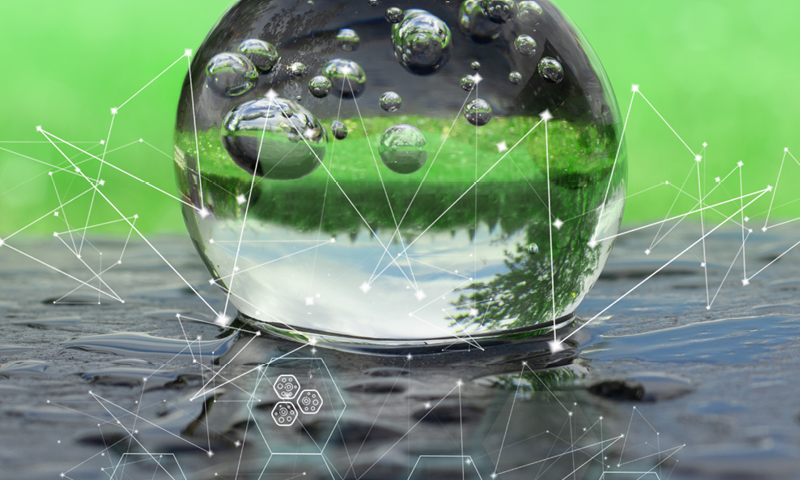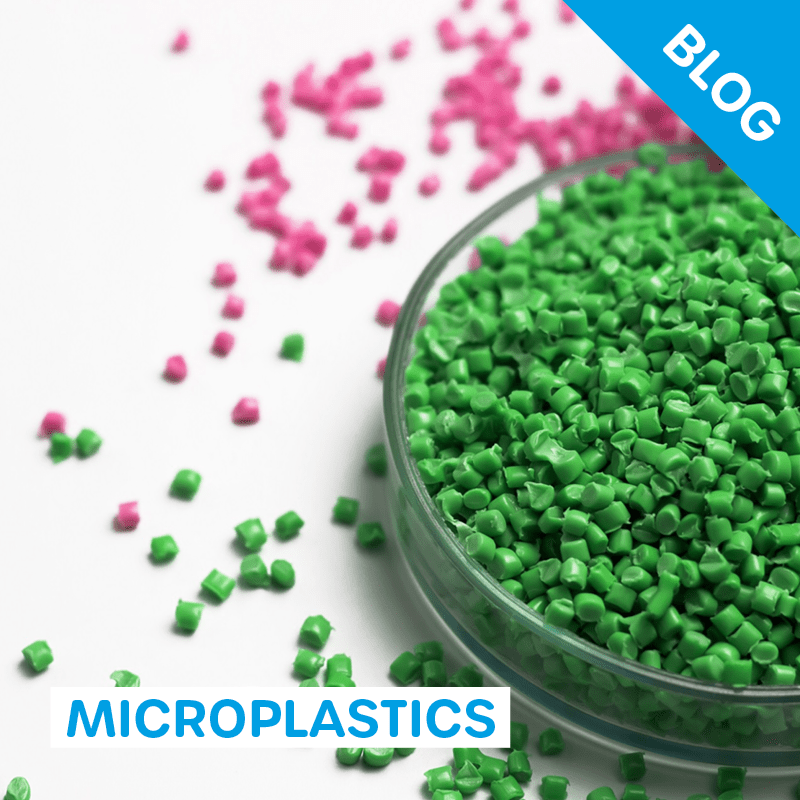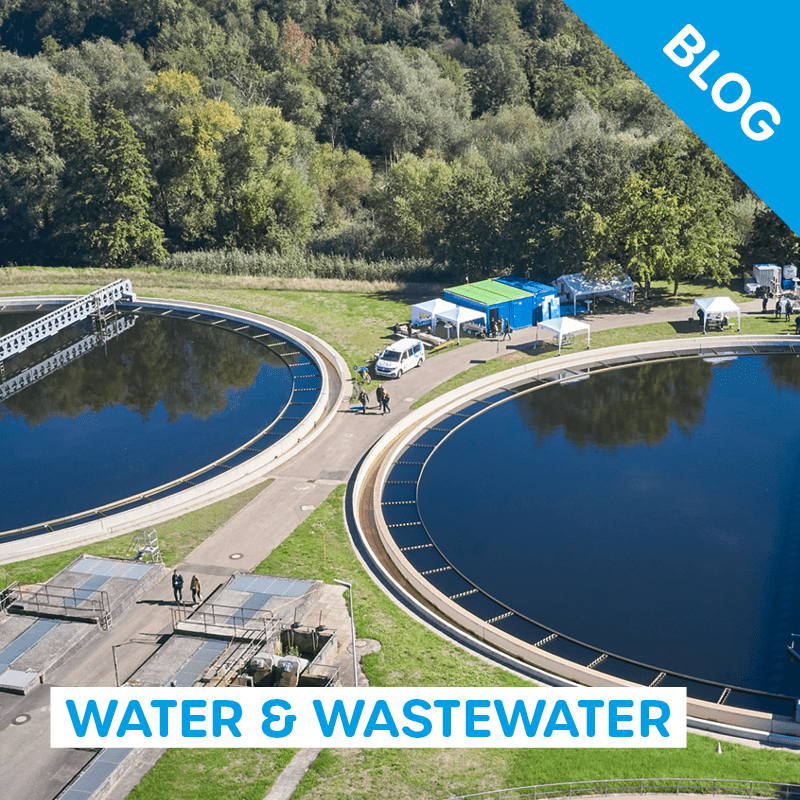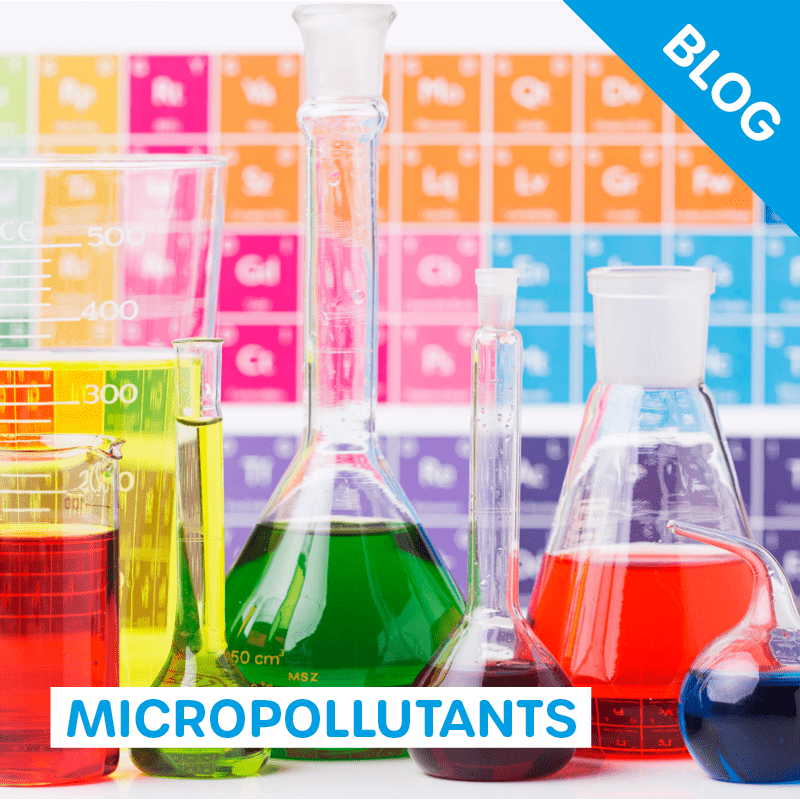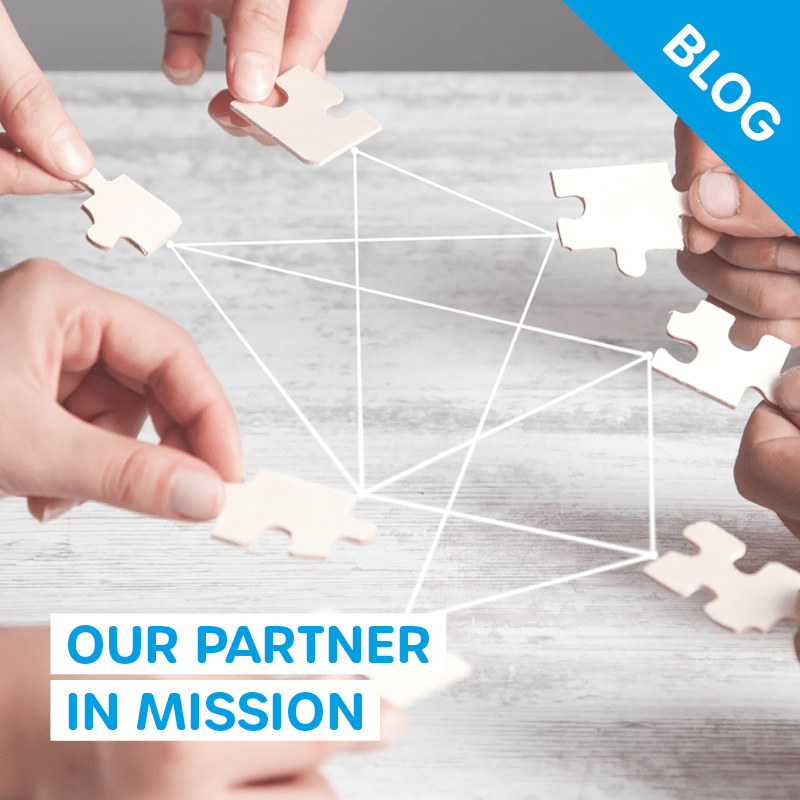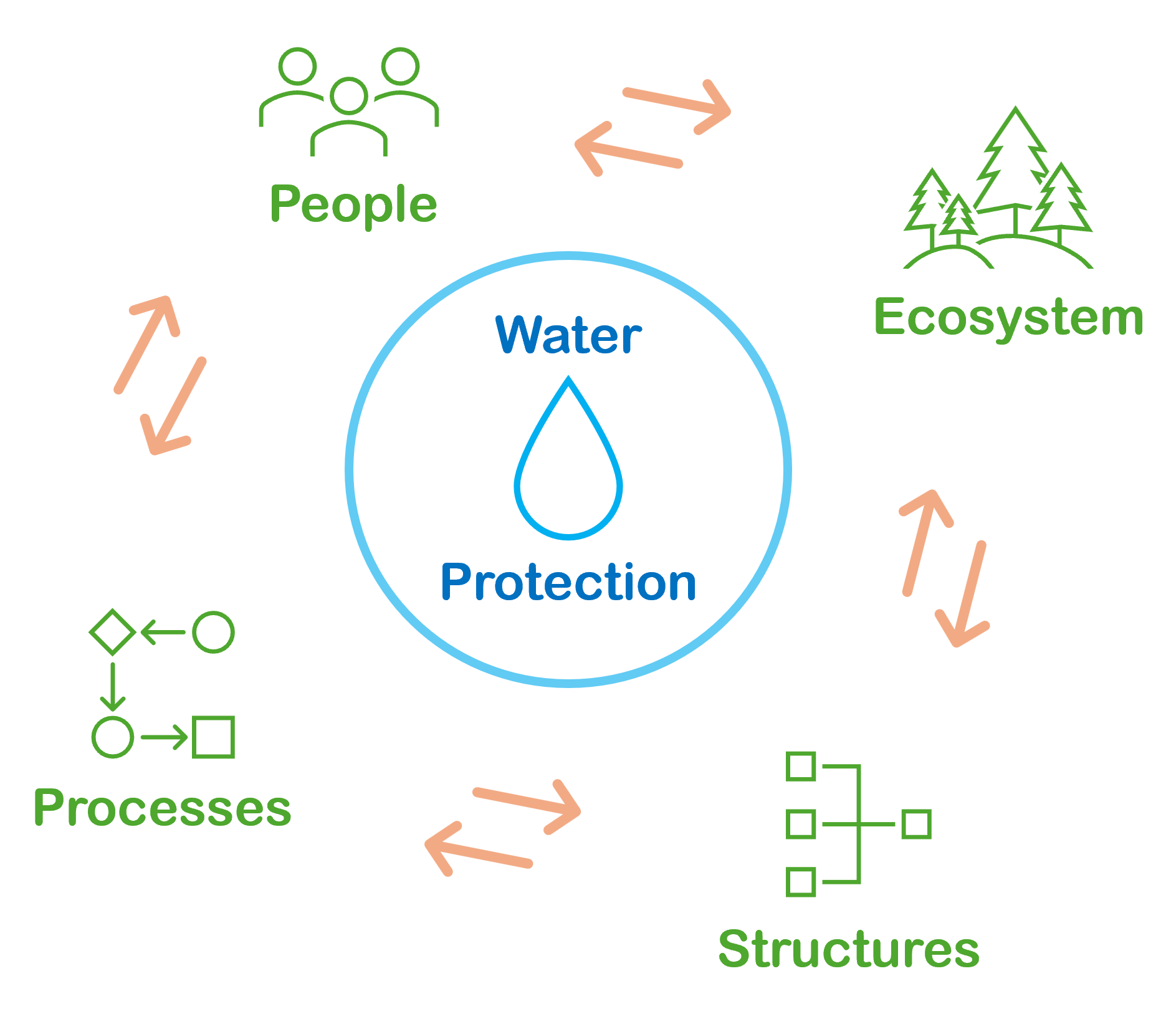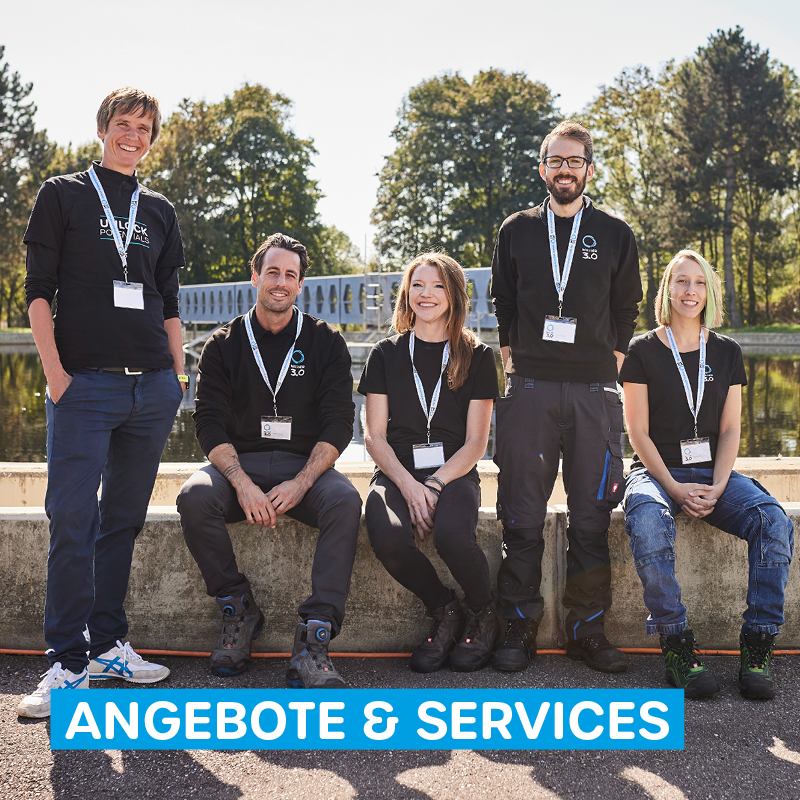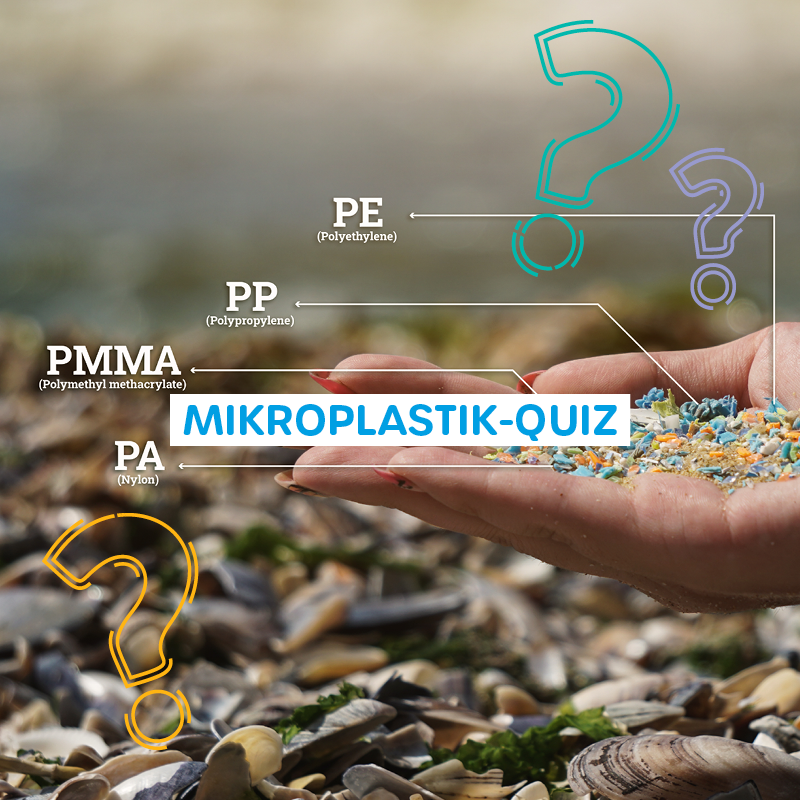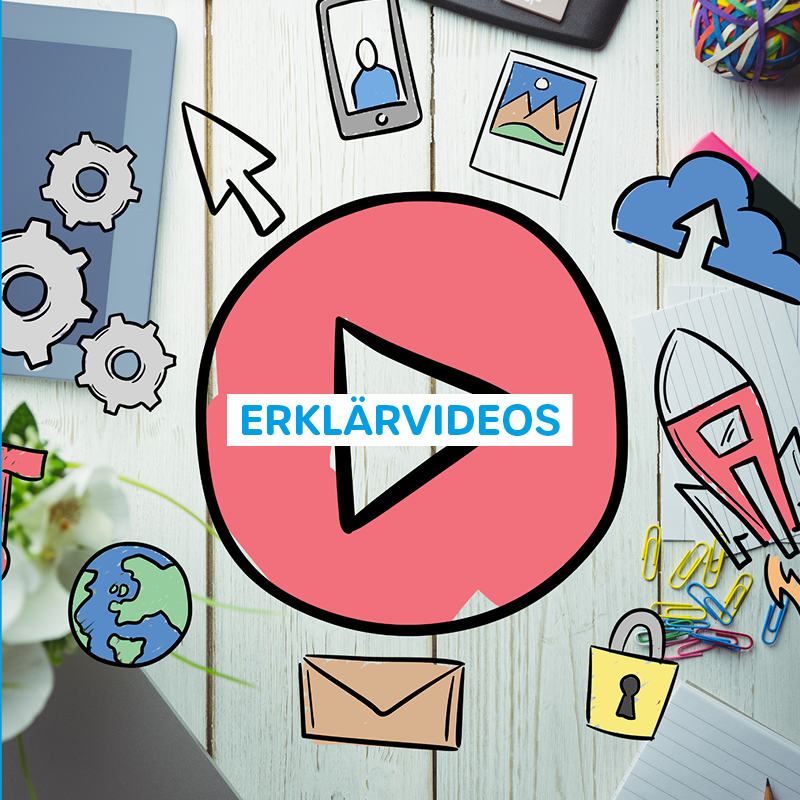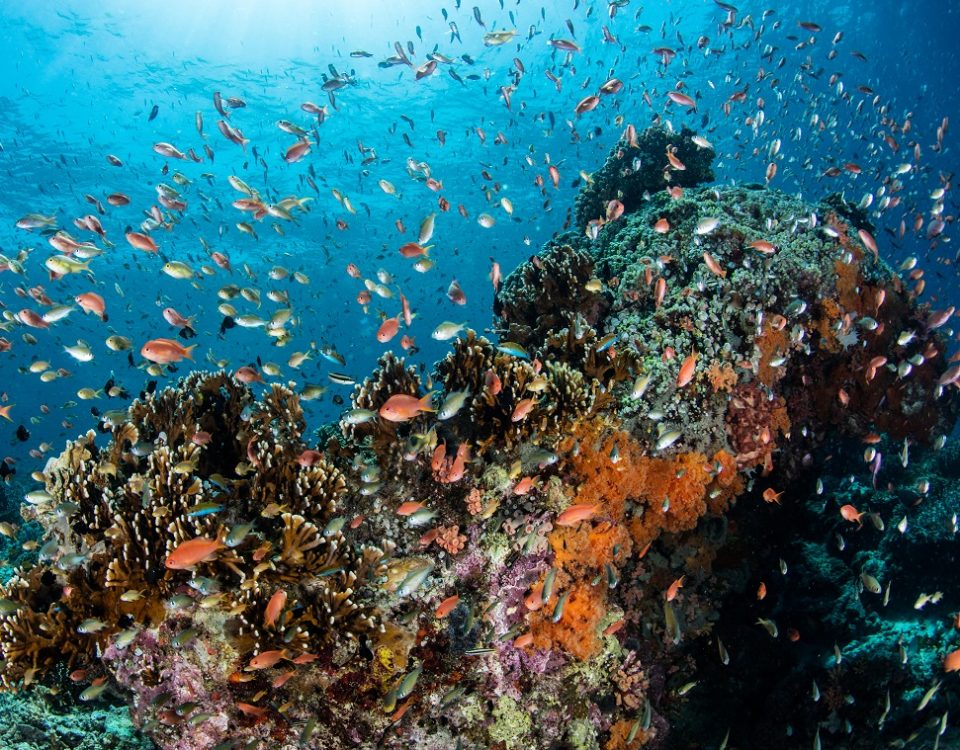
Sustainable education and knowledge transfer
1. April 2024
EU Urban Wastewater Directive adopted in April
16. April 2024Why are we writing a blog about and for more water without microplastics?
We want to stop the uncontrolled pollution of our water with microplastics and micropollutants. We describe step by step why it is high time for this and how we want to achieve it. In our blog - on our website - in our publications.
Side note at the start: For the cause - BUT: Non-profit or not-for-profit does not mean pro bono.
We have been working for water without microplastics as a non-profit organisation since May 2020, almost exactly four years ago.
We are still a small team with big goals and many, many tasks. In our day-to-day business, we therefore always have to prioritise and weigh up how much time can, should or must be devoted to which tasks. We plan things and activities in such a way that the work-life balance is not thrown out of kilter. We don't always succeed, but we are getting better and better at it.
So far, we have primarily used our blog and our social media channels Facebook, LinkedIn, and Instagram, to share information and news about our work, research results and findings, to bring current events to the forefront, and to discuss them and express our opinions.
Despite all the work surrounding our ongoing projects, we have decided to continue to devote a lot of time to our blog on water without microplastics and micropollutants and to focus it on stating and explaining our motivations, perspectives, and goals, as well as presenting our new projects and commenting on feasibility studies. We will also continue the "Partners in Mission" section.
Without cooperation and collaboration at eye level, it is almost impossible to improve processes sustainably and holistically and to bring meaningful products with transparent data and background information to society.
As we are committed to this, we are also looking for long-term supporters in 2024 and beyond. Donations are also possible at any time and provide us with room to manoeuvre. With donations, we can pursue topics in research and education that are neglected in the funding landscape or in the area of transparent communication. We summarise these activities in the area of everyday research. For example, the aim is to find out whether washing machines really are a hotspot for microplastics in the environment, or how much tire abrasion is currently in the environment and how this will change in the future.
Back to the blog: This is what it's all about.
Microplastics and other micropollutants such as pharmaceutical residues, industrial chemicals, pesticides, hormones, and heavy metals are polluting our water worldwide. We no longer want to accept the fact that the distribution of microplastics and micropollutants is still largely uncontrolled and uncontrollable. Our aim is to identify effective levers that will prevent this in the future. We will explain and discuss where we see these levers and how we are addressing them with our responsible research and the associated application-orientated development work. Within the contributions, we will embark on a search for clues. The aim is to identify effective levers for water protection and also to motivate and activate participation.
Like many (environmental) scientific issues, microplastics, micropollutants and water treatment are highly complex areas of research. It is no less complex when promising environmentally friendly innovations and approaches are to be used in "real life", i.e. brought to market.
Many aspects - one direction: The cross-stakeholder blog for more water without microplastics.
Economic, political, scientific and (civil) social systems and their stakeholders create a multi-layered and multifaceted, sometimes not quite so harmonious dialogue that accompanies the further development and implementation of solutions.
Sometimes supporting and accelerating, sometimes inhibiting, or even slowing down - all too often this depends more on the interests and needs as well as the decision-making or implementation authority of individuals than on the ecological and social impacts that could be achieved. The shared focus on the overarching common good and environmental protection is often easily pushed into the background.
Common good, non-profit, socially responsible.
For us, however, it is precisely this focus that is always absolutely paramount. That is why we work in a non-profit organisation.
We conduct responsible research according to application-orientated criteria. We develop methods, materials, and technologies that can be used as quickly and efficiently as possible where water is polluted. And where exactly is that? And what exactly does fast and efficient mean?
In order to identify effective levers for water protection, we adopt a systemic perspective, i.e. we consider people, ecosystems, processes, and structures as interacting and influencing each other. The respective influencing factors need to be analysed both individually and as a whole and also in relation to each other.
There is only one thing to do: to face the challenge step by step, drop by drop, and day by day.
We want to make you rethink.
With our blog about water without microplastics and micropollutants, we want to help reduce the complexity of the issues. At the same time, our aim is to encourage people to think, especially to think critically, to question and to change their perspective.
We discuss interesting facts about the key topics of water, microplastics, and micropollutants from a scientific perspective and from different angles:
- What is the state of the art and research?
- What do we know about the extent of environmental pollution?
- What risks do they pose to ecosystems, wildlife, and human health?
- What is the legal framework?
- What is the role of consumers and citizens?
In addition to answers to these many questions, we provide insights into how we see ourselves as a research organisation for ecological and social impact:
- Why do we work within the framework of a gGmbH?
- Is water a human right or an economic good?
- What is behind the term responsible research?
Much of this (e.g. many infographics, explanatory videos) can already be found on our homepage in the large knowledge section.
Our work is aligned with the sustainable development goals of the United Nations, our understanding of responsible research and our educational mission.
It's always about water, because water concerns us all.
Water is the topic of today, tomorrow and the future. At the end of the day, it is the topic that (almost) everything at our company revolves around. It is not without reason that our company name is Wasser 3.0.
When the well has run dry, we recognise the value of water.

